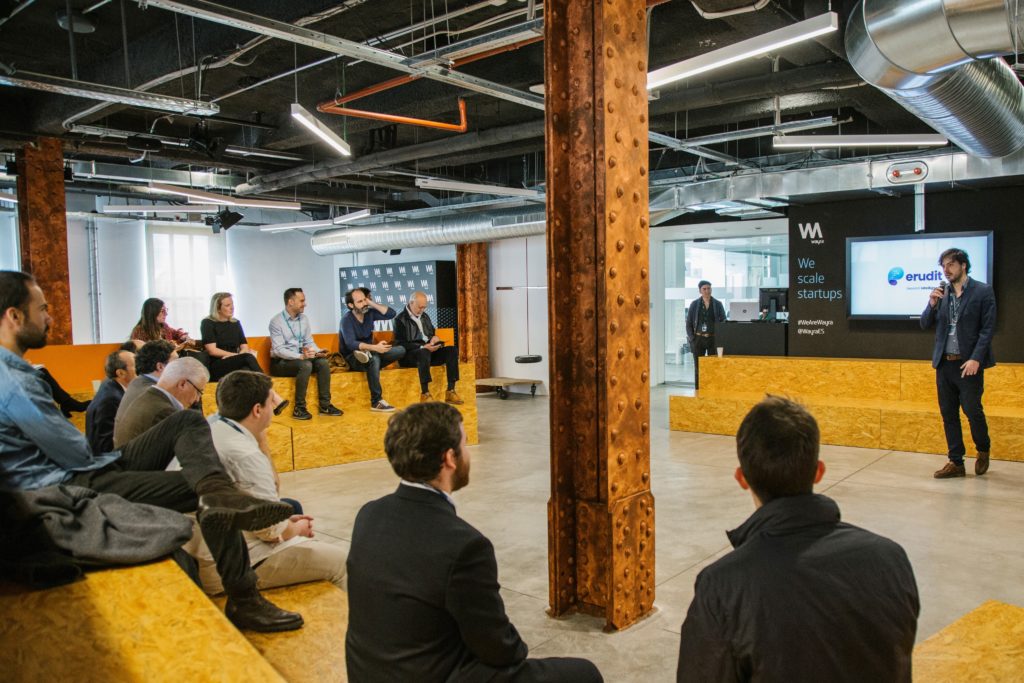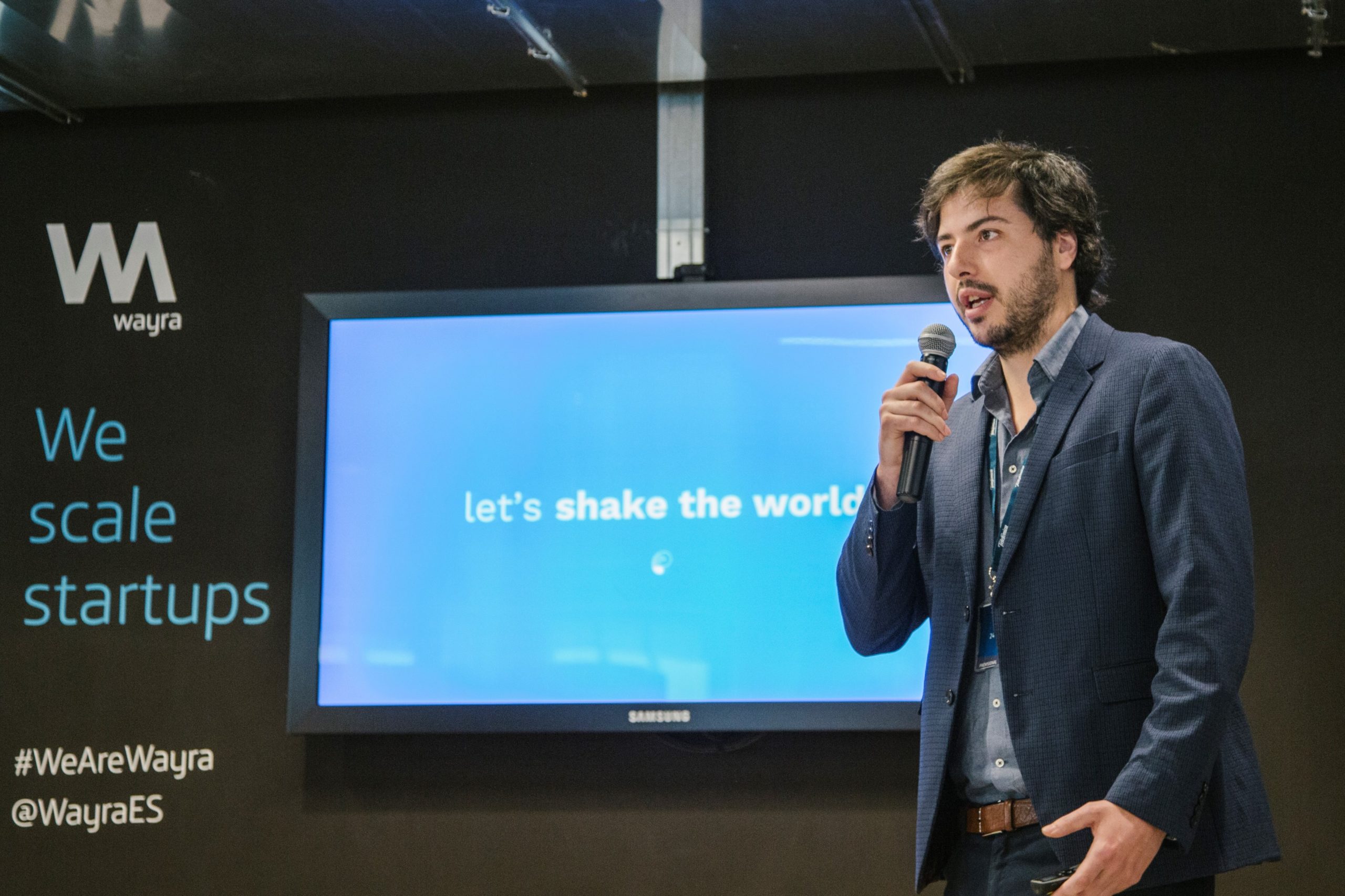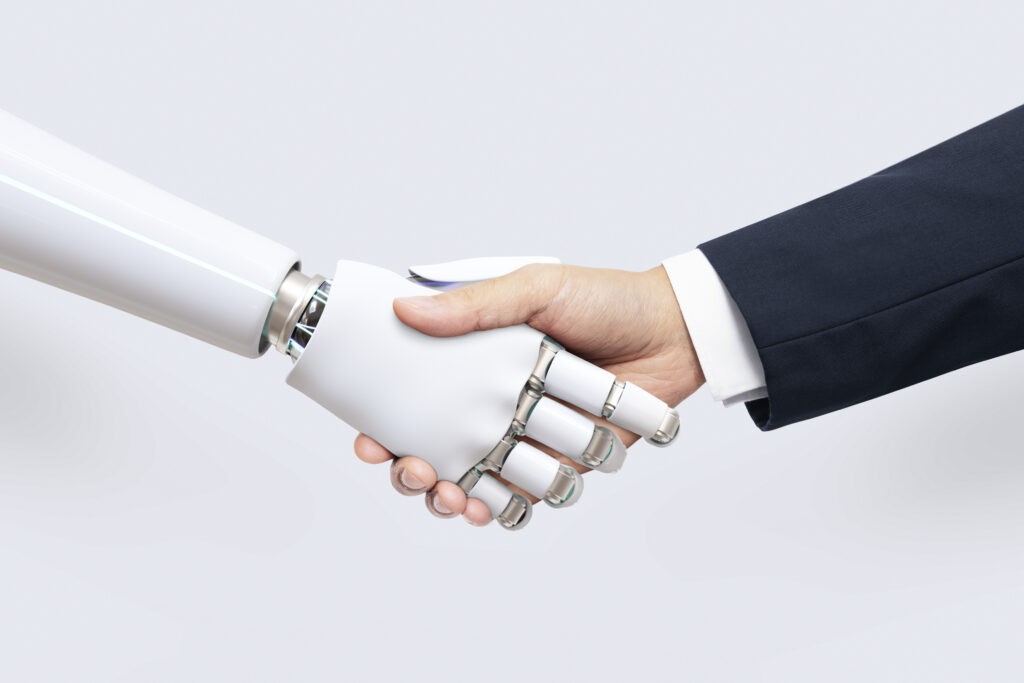Work from home has become the new way of life for many people across the world in the past few months. But this change in the way we work has also led to high rates of burnout, with four out of five workers reporting that the pandemic has negatively impacted their mental health.
One company wants to give employers the tools to prevent worker burnout in their remote setups. Erudit AI, an AI-powered SaaS company, aims to improve employees’ well-being and make them more productive through its people analytics platform. And now, that technology will be available to HR managers in the United States as Erudit AI just announced its U.S. launch.
“Erudit is on a mission to raise awareness of mental health in the workplace by merging AI technology with psychology,” said Alejandro Martínez Agenjo, Erudit CEO and co-founder.

Through its AI-powered people analytics platform, Erudit uses company data to give HR teams the ability to measure and predict burnout, friction, and engagement in their workplaces. The platform gains its insights privately and securely from employee communications, like Slack and Gmail, to conduct a thorough analysis of workers’ wellbeing. In order to maintain employee privacy, Erudit’s technology only gives the HR teams the analytic interpretation of the messages and not the actual messages themselves.
The real-time solution then graphs employee engagement trends to allow HR departments to more fully understand how their employees feel, all without having to do unreliable surveys or email feedback campaigns.
More than two-thirds of employees experience burnout symptoms while working from home. And this becomes an expensive problem for employers in the US, as well, with $44 billion spent each year on lost productivity due to employee depression.
“We hope to open the conversation about mental health in companies and turn the attention of HR managers to those who need help but perhaps do not know how to ask for it.” – Erudit CEO Alejandro Martínez Agenjo
Before its U.S. release, Erudit has been successfully operating in three countries and has raised more than $1 million in seed investments.
“The way we work has changed and HR managers need more intuitive methods to safeguard the health and happiness of their workplace,” Agenjo said.
“We hope to open the conversation about mental health in companies and turn the attention of HR managers to those who need help but perhaps do not know how to ask for it.”
Disclosure: The article mentions a client of an Espacio portfolio company.








